The Benefits and Challenges of Permeable Pavers for Your Home and Business
Explore how permeable pavers can transform your outdoor space while benefiting the environment.
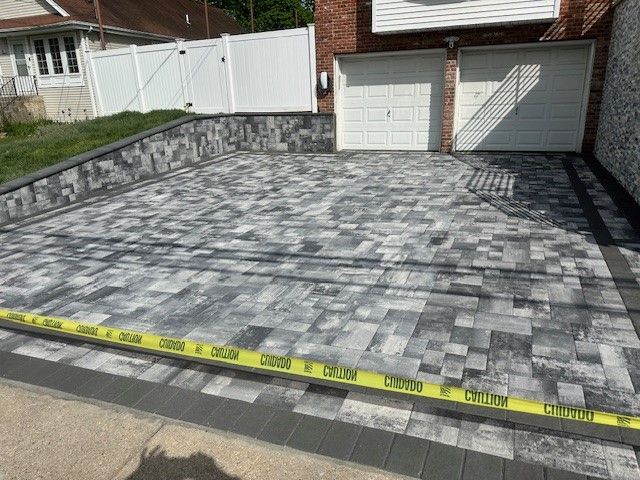
Permeable pavers have become an increasingly popular choice for homeowners and businesses alike. They offer a variety of benefits, from environmental friendliness to aesthetic appeal, making them a prime option for outdoor surfaces such as driveways, patios, and industrial areas. But like any building material, permeable pavers come with both advantages and disadvantages that should be considered when planning your project.
In this blog, we’ll take a detailed look at the pros and cons of permeable pavers, how they differ from traditional paving options, and why they may be the right choice for your next driveway or backyard patio project.
What Are Permeable Pavers?
Permeable pavers are a type of paving system designed to allow water to filter through the surface and into the ground below. This drainage feature helps reduce stormwater runoff and erosion while also replenishing groundwater supplies. Permeable pavers typically have wider gaps between each stone, which are filled with small stones or gravel to aid in water filtration.
These pavers are ideal for both residential and commercial projects, including patios, driveways, and large industrial areas, where managing water runoff is critical.
Advantages of Permeable Pavers
1. Environmentally Friendly
One of the primary reasons people choose permeable pavers is because they are environmentally friendly. Traditional paving materials like asphalt or concrete create large, impermeable surfaces that don’t allow water to pass through. As a result, rainwater often accumulates and runs off, carrying pollutants into nearby storm drains and natural water bodies.
Permeable pavers help reduce this problem by allowing water to seep back into the ground naturally, filtering out pollutants and promoting healthier ecosystems. This makes them an excellent option for eco-conscious homeowners or businesses seeking eco-friendly backyard pavers for fall projects.
2. Prevents Erosion and Runoff
Another significant benefit is the way permeable pavers manage water runoff. By letting water drain through the gaps between stones, they prevent the pooling of water and the erosion of surrounding landscapes. This is particularly useful in areas prone to heavy rains, where erosion can quickly damage gardens, lawns, and other outdoor spaces.
For businesses looking for sustainable solutions, installing industrial driveway pavers for heavy loads or commercial paver installation companies near me can prevent damage from excessive water runoff in large parking lots or warehouse driveways.
3. Reduces Strain on Stormwater Systems
Permeable pavers are an effective solution for reducing strain on municipal stormwater systems. By allowing water to return to the soil, these pavers reduce the amount of runoff entering drainage systems, which in turn reduces the risk of flooding during heavy rain events.
Homeowners looking to install a backyard patio paver will also find that permeable pavers help keep their yard dry and usable even during rainy seasons.
4. Aesthetic Flexibility
Available in a variety of colors, shapes, and materials, permeable pavers offer great flexibility for designers and homeowners. Whether you're looking for a sleek, modern backyard paver layout or something more traditional, you can find a style that complements your home or business.
From luxury driveway paver ideas for curb appeal to affordable backyard paver patio installers, the possibilities are endless.
Disadvantages of Permeable Pavers
1. Higher Initial Cost
The first drawback that many people notice is the higher cost of permeable pavers compared to traditional paving options. The materials themselves, as well as the installation process, tend to be more expensive. This is due to the need for proper subgrade preparation and the use of specialized aggregate to ensure the pavers remain permeable over time.
However, when considering the long-term benefits, such as reduced water management costs and lower environmental impact, permeable pavers often prove to be a more economical choice in the long run. This is especially true for those planning driveway paver installation fall deals 2024, as the initial investment may be offset by lower maintenance and repair costs over time.
2. Maintenance Requirements
While permeable pavers require less maintenance than asphalt in terms of cracking and potholes, they do need occasional cleaning to maintain their water permeability. Over time, debris such as dirt, leaves, and other organic material can build up between the pavers, clogging the spaces where water is supposed to drain.
Regular sweeping and pressure washing can help keep the pavers functioning properly, but this adds an additional maintenance step that some homeowners may not anticipate. If you’re looking for low-maintenance backyard paver designs, traditional pavers may be a simpler option.
3. Installation Complexity
Installing permeable pavers requires a more involved process compared to traditional pavers. Proper installation involves preparing the ground below with layers of aggregate to ensure the system can properly drain water. This additional step often means you’ll need to hire experienced professionals, which adds to the overall cost.
However, working with affordable backyard paver patio installers or specialized industrial paver services for large driveways can help ensure a successful installation.
Where to Use Permeable Pavers
1. Backyards and Patios
Permeable pavers are an excellent choice for backyard patios, particularly for those who love entertaining outdoors. With their ability to prevent water buildup, you won’t have to worry about puddles after a storm, making them perfect for backyard paver stones for September BBQs. For homeowners in areas with strict environmental regulations, permeable pavers can also help meet local drainage requirements.
Some homeowners may also want to consider DIY backyard patio pavers for small spaces, as permeable pavers can be an attractive and functional solution for smaller yards.
2. Driveways
Driveways are another excellent application for permeable pavers. They provide a strong, durable surface that can withstand the weight of vehicles while allowing water to drain through. For those living in colder climates, permeable pavers offer a distinct advantage over traditional materials like asphalt, as they are less likely to crack during freeze-thaw cycles.
Whether you're considering driveway pavers vs asphalt for colder months or long-lasting driveway paver materials, permeable pavers provide a reliable, long-term solution for driveway installations.
3. Commercial and Industrial Spaces
For large commercial and industrial spaces, permeable pavers offer a way to manage stormwater runoff effectively while maintaining a clean and professional appearance. Whether you're working on paver installation for warehouse entrances or heavy-duty pavers for loading docks, permeable pavers provide both functionality and durability.
Conclusion: Are Permeable Pavers Right for Your Project?
Permeable pavers offer a host of benefits, from reducing water runoff and erosion to providing a stylish and environmentally friendly option for various applications. Whether you're looking to install a new patio in your backyard, repave a driveway, or upgrade an industrial space, permeable pavers could be the ideal solution for your project.
However, it’s essential to weigh the pros and cons carefully. While permeable pavers may have a higher upfront cost and require regular maintenance, their long-term environmental benefits and durability often outweigh these downsides. For homeowners and businesses alike, permeable pavers represent a forward-thinking, sustainable choice.

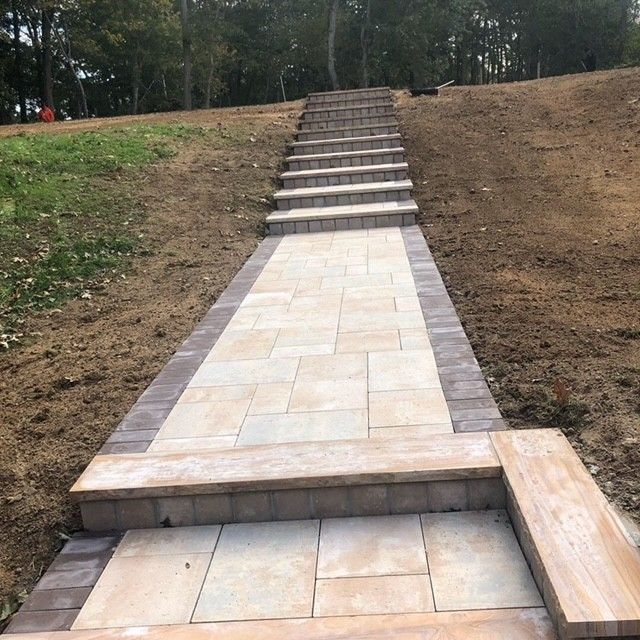
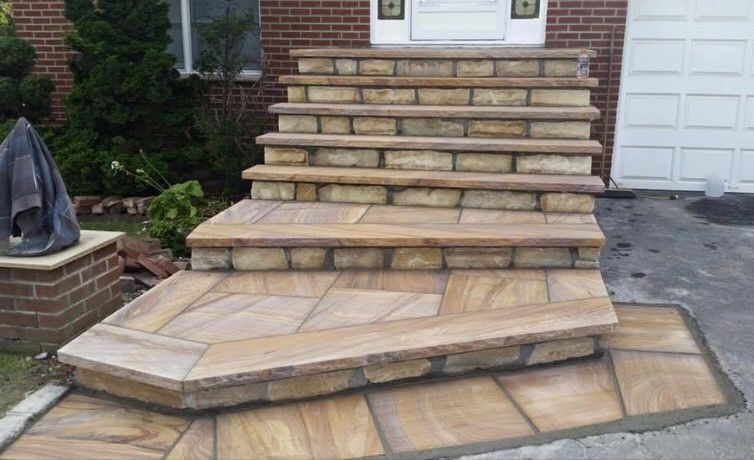
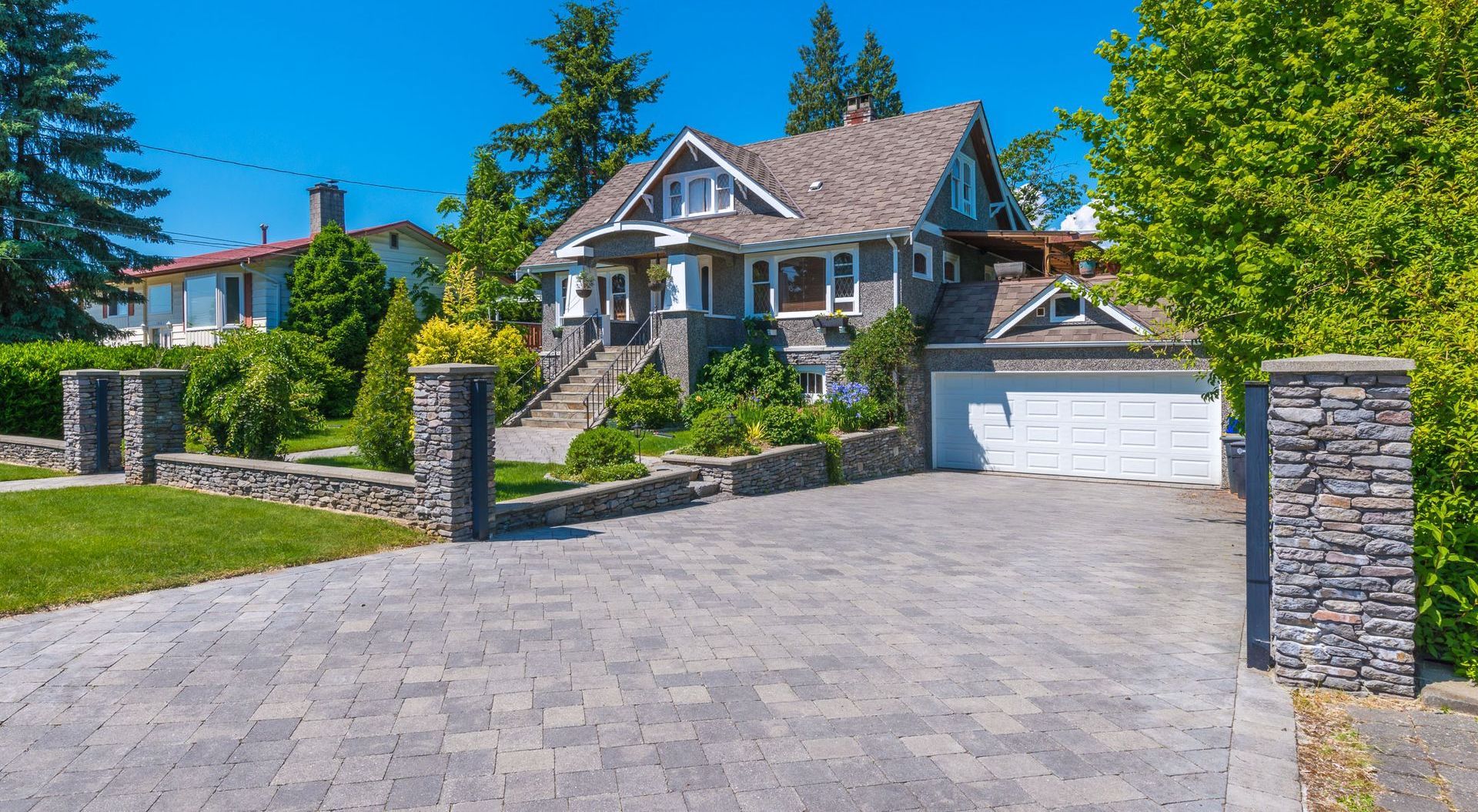

service Area
Long Island, NY
Westbury, NY
Nassau County, NY
Carle Place, NY
Salisbury, NY
East Garden City, NY
Manhasset, NY
Muttontown, NY
Old Brookville, NY
Upper Brookville, NY
Oyster Bay, NY
Syosset, NY
Jericho, NY
Dix hill, NY
and surrounding areas
Business Hours
Available 24/7 - Service by Appointment
Se Habla Español


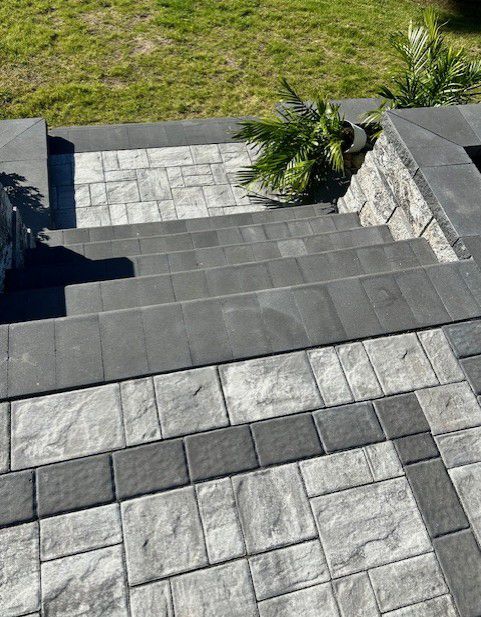
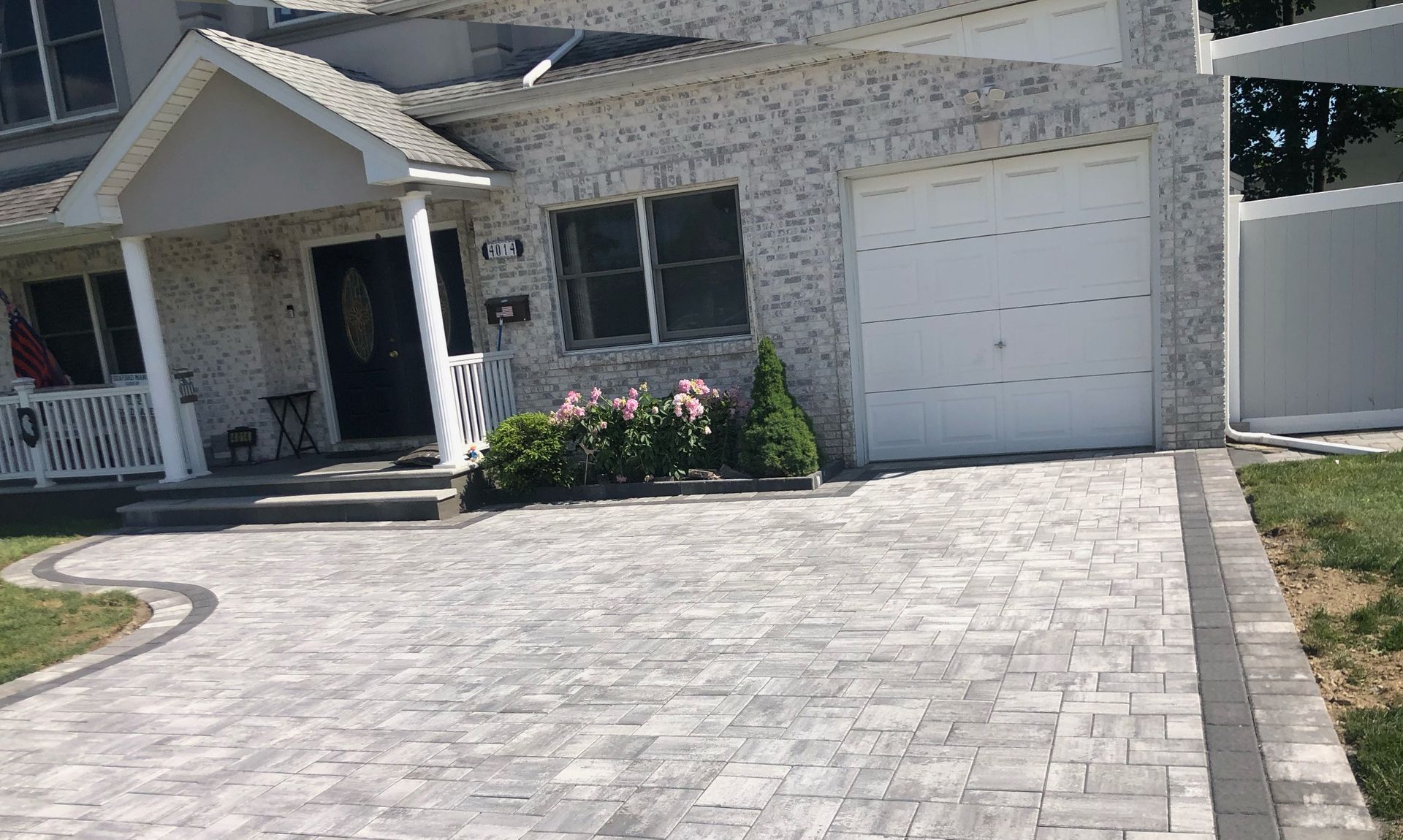
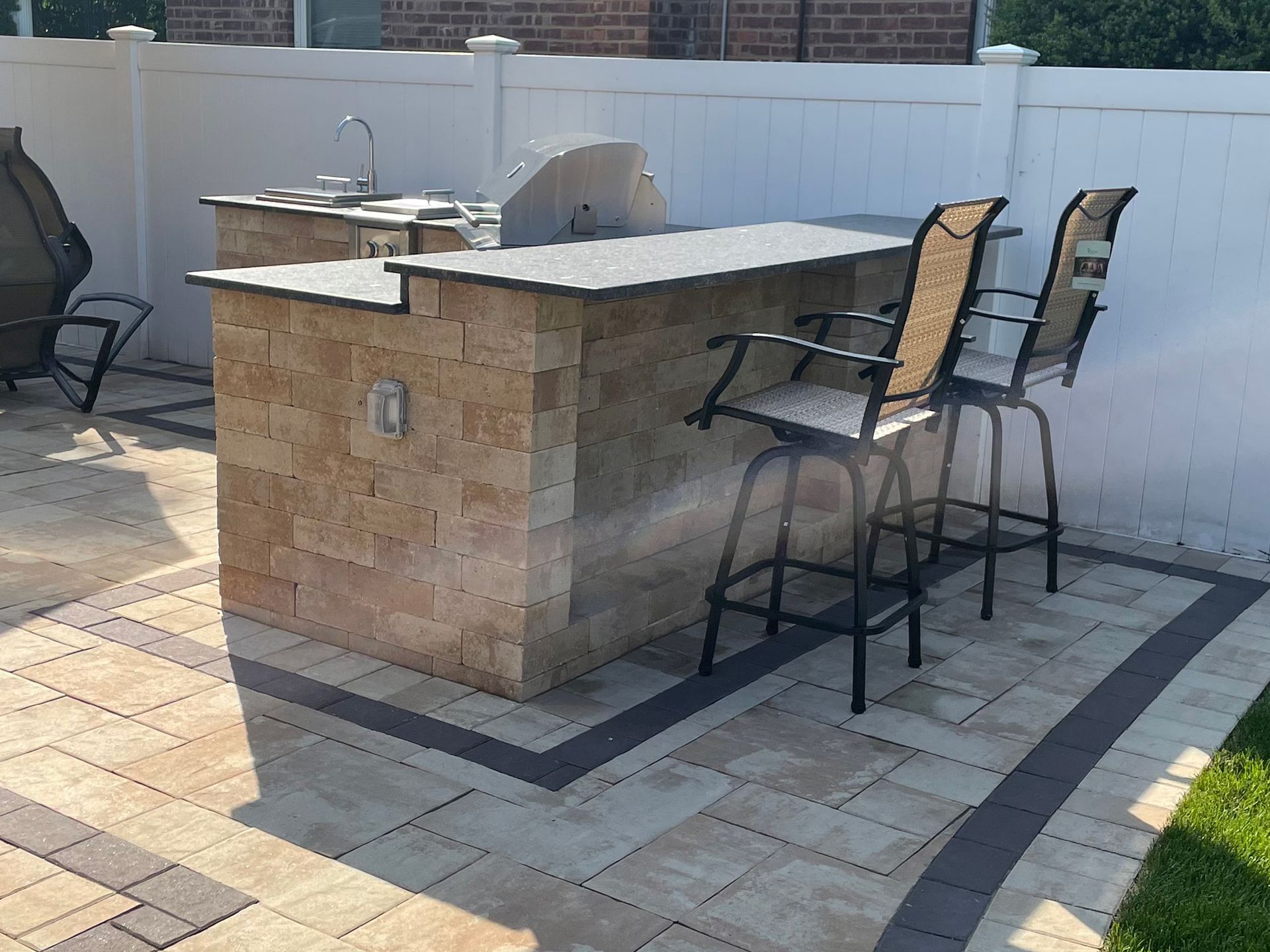
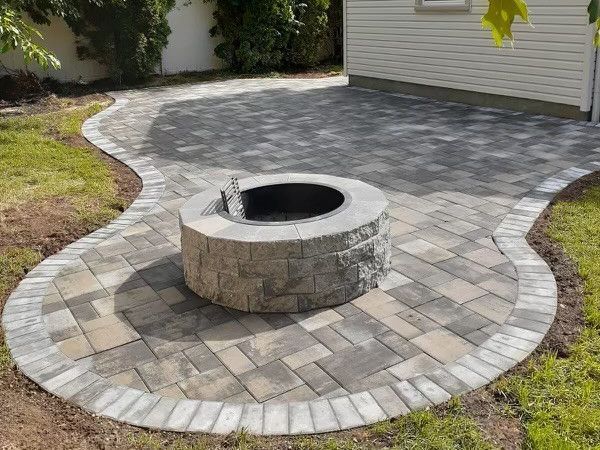
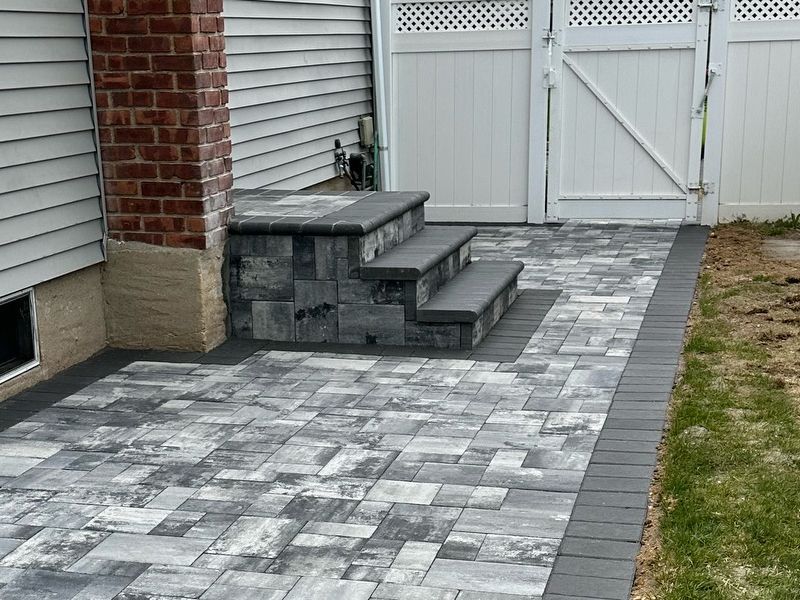
Share On: